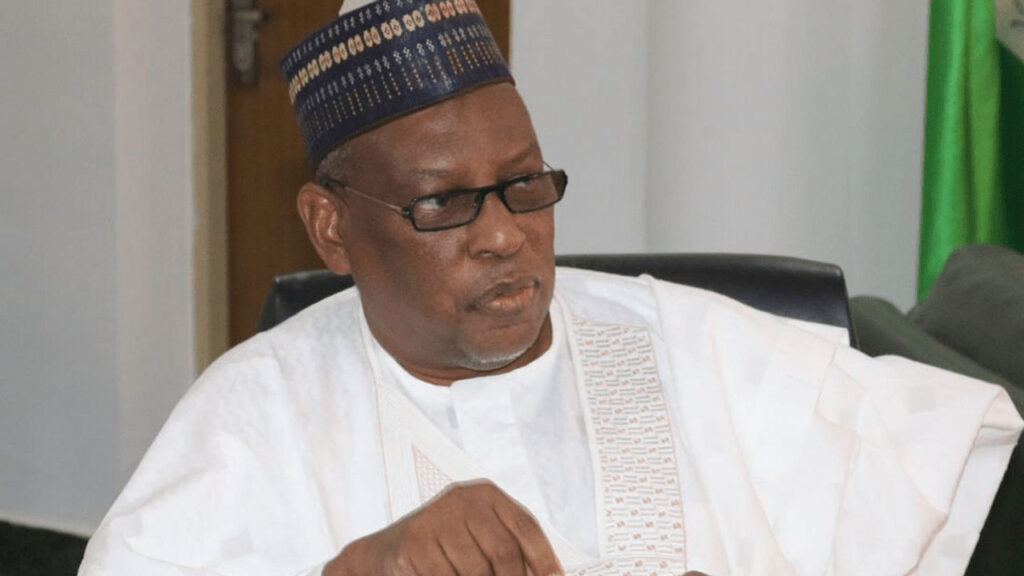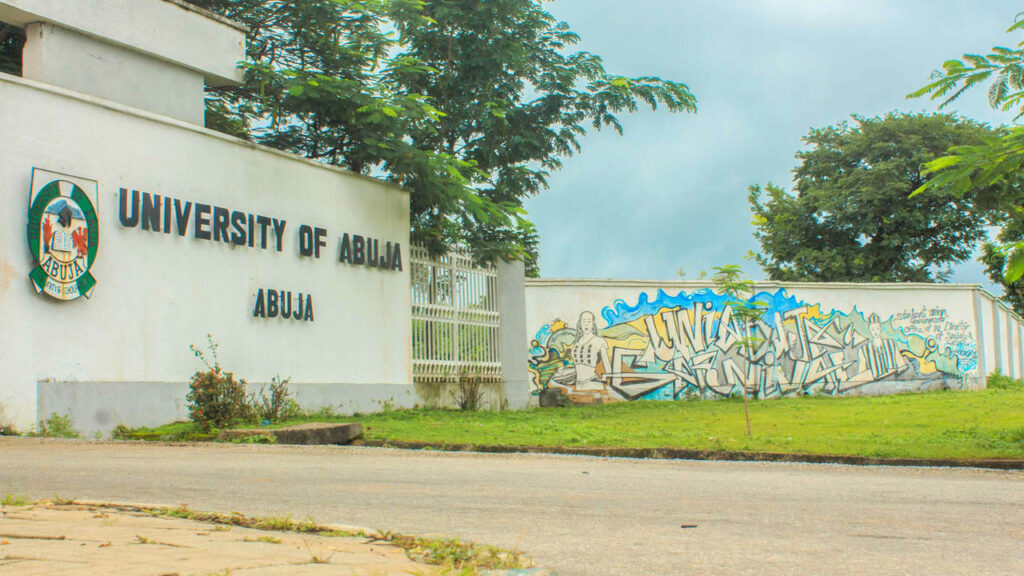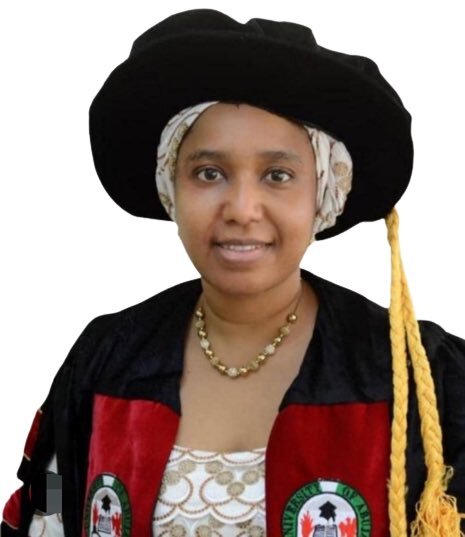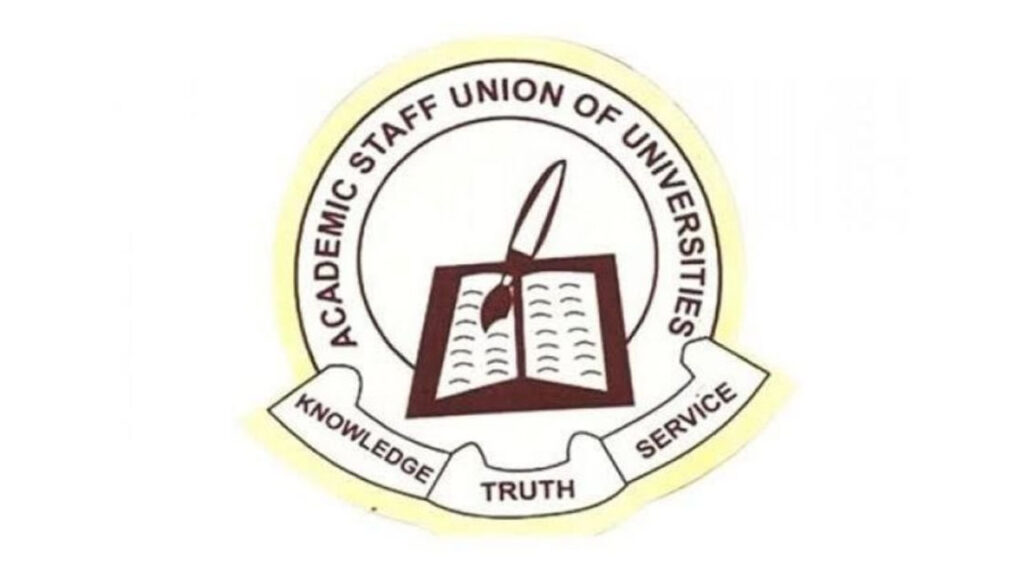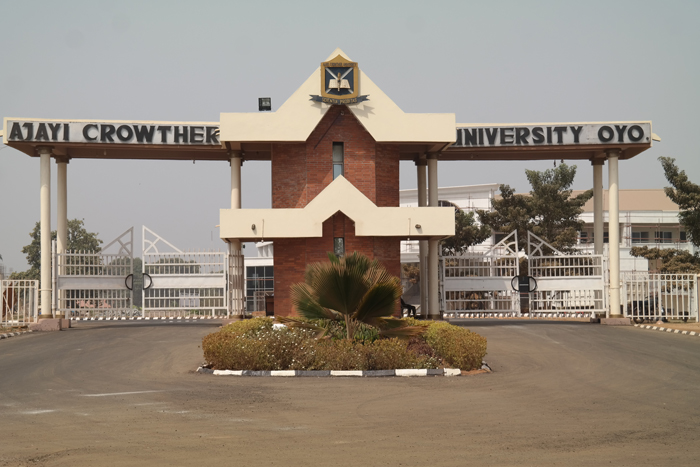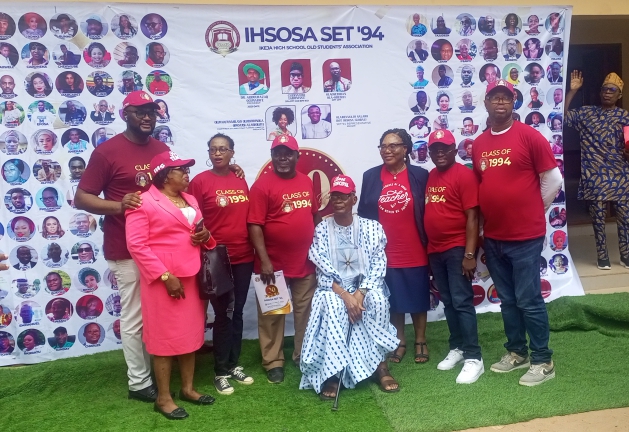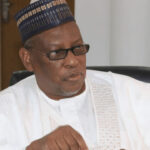To correct grey areas in the basic education sub-sector, the Universal Basic Education Commission (UBEC) is set to review the enabling Act 2004.
The Executive Secretary of the commission, Dr Hamid Bobboyi, who disclosed this at a two-day retreat for the Senate Committee on Education (basic and secondary) in Lagos, said given the changes that had taken place since its enactment 20 years ago, it is necessary to review the Act.
Bobboyi, who spoke on the theme, ‘Basic education implementation in Nigeria: Issues, challenges and way forward,’ said due to societal developments and changes since 2004, the Act is overdue for review.
According to him, the education system should respond to the needs and aspirations of the nation, adding that it is necessary to be abreast of best global practices.
He said: “We will share with the committee aspects of the Universal Basic Education Act, 2004 and other related matter, which in our view, constitute an encumbrance to the smooth implementation of the UBE programme.
“Having been enacted in 2004, that is, 20 years ago, and given the developments and changes that have taken place in the society since then, it is our view that the Act is overdue for review.”
He emphasised that the education system must address the country’s challenges.
“Our education should respond to the needs and aspirations of our country, and there is no better way to do this than being abreast of local and global developments.”
Former governor and serving senator for Ogun East, Gbenga Daniel, who chaired the event, called for increased funding, tech integration, community engagement, and resource allocation for basic education.
The former governor said there is a need to implement technology integration, community engagement and sensitisation, and gain more support from international and non-governmental organisations.
He also stressed the need to begin decentralisation by giving autonomy to local government areas, as state governors cannot reach all primary schools.
“Additionally, curriculum reforms, infrastructure improvements, teacher training, recruitment, and retention are essential,” he said.
The Chairman of the Senate Committee on Education (basic and secondary), Senator Lawal Usman, noted that equal and adequate education is crucial for development.
He said it is the responsibility of every government to provide free education and urged parents and guardians to ensure that every child is educated.
Governor Babajide Sanwo-Olu, who was represented by the Secretary to the State Government, Bimbola Salu-Hundeyin, urged both the Senate Committee and UBEC to develop a new workable roadmap that will significantly lift up the country’s basic education sub-sector to a higher pedestal.
While emphasising the importance of basic education to national development, Sanwo-Olu noted that the quality of a country’s basic education would largely determine the strength of its future leaders, economic vibrancy, and cohesiveness of communities.
He tasked the group to use the retreat to address issues and challenges hindering the effectiveness of basic education sub-sector and proffer a vibrant working system.

